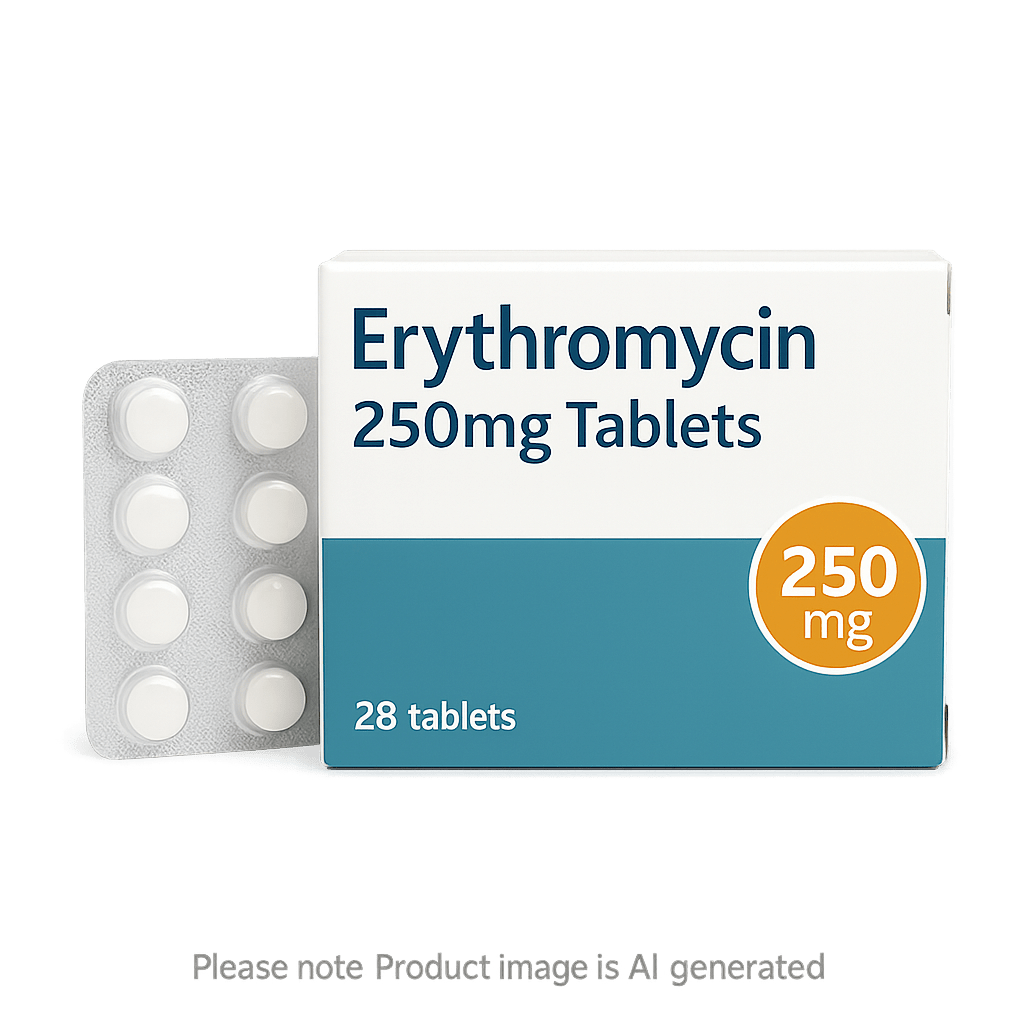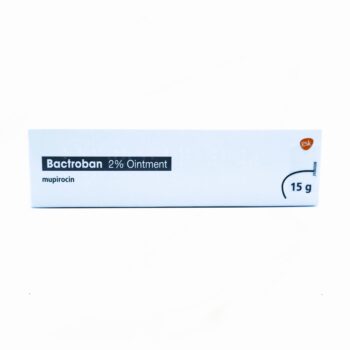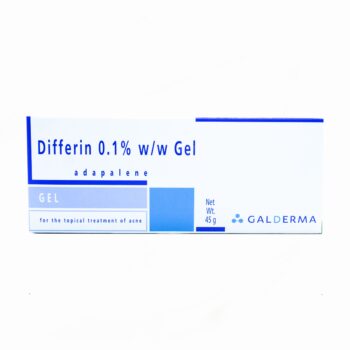Erythromycin is a macrolide antibiotic used to treat various bacterial infections, including respiratory tract infections, skin conditions, and acne. It is commonly used when penicillin-based antibiotics are unsuitable. Its anti-inflammatory properties also make it a valuable long-term option for managing persistent acne. Erythromycin is prescribed to both adults and children, depending on the condition and dosage form.
How It Works
Erythromycin targets bacteria by binding to the 50S ribosomal subunit, blocking protein synthesis necessary for bacterial survival. This bacteriostatic action helps to slow the spread of infection and gives the immune system time to clear the infection. It is effective against a wide range of gram-positive and some gram-negative bacteria, making it suitable for diverse clinical uses.
Why Choose Erythromycin
Erythromycin is a well-established and reliable antibiotic that offers flexibility in treating multiple bacterial infections. For patients allergic to penicillin, it is often used as a safe alternative. In dermatology, it is valued for its ability to treat inflammatory acne over extended periods. Erythromycin tablets come in a range of strengths and are available in both standard and gastro-resistant forms to suit different tolerances.
Important Note
Erythromycin should be taken on an empty stomach for optimal absorption unless directed otherwise. It can interact with a variety of medications, including statins and anticoagulants. Prolonged use may lead to antibiotic resistance or gastrointestinal discomfort. Use with caution in individuals with heart rhythm disorders, especially QT prolongation. Do not stop treatment early, even if symptoms improve.





